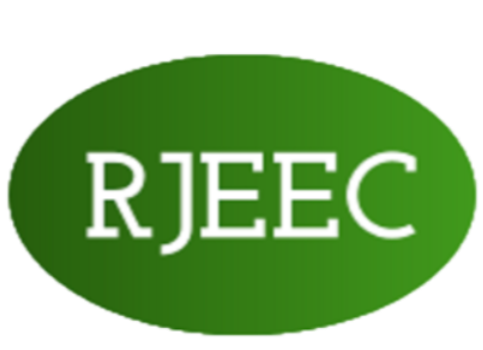
Options to improve the coagulation process operation in a drinking water treatment plant. Case study
Authors: ADINA PACALA, MARIA LAURA SAMONID, BOGDAN MURARIU
Keywords: coagulation, drinking water treatment, alum, polyaluminium chloride solution, alternative coagulants
https://doi.org/10.21698/rjeec.2021.214Aluminum salts are widely used across Romania in surface water treatment as coagulants. It is well-known that the efficiency of these coagulants has a complex dependency on the nature of the raw water, being affected by temperature, pH and suspended solids. The objective of this case study was to compare the coagulation - flocculation efficiency process of raw water from the Bega River, at low temperature and turbidity, taking into account the use of alternative coagulating agents such as alum, poly aluminum chloride (PAC) and their mixing in 1:1 ratio. The raw water samples were treated using "Jar test" procedure, comparable with the current plant conditions at Timisoara Waterworks and taking into account possible operational improvements. For the mixture method applied in which was combined alum and PAC in 1:1 mixing ratio were achieved lower concentrations in aluminum residual, TOC, and turbidity.



